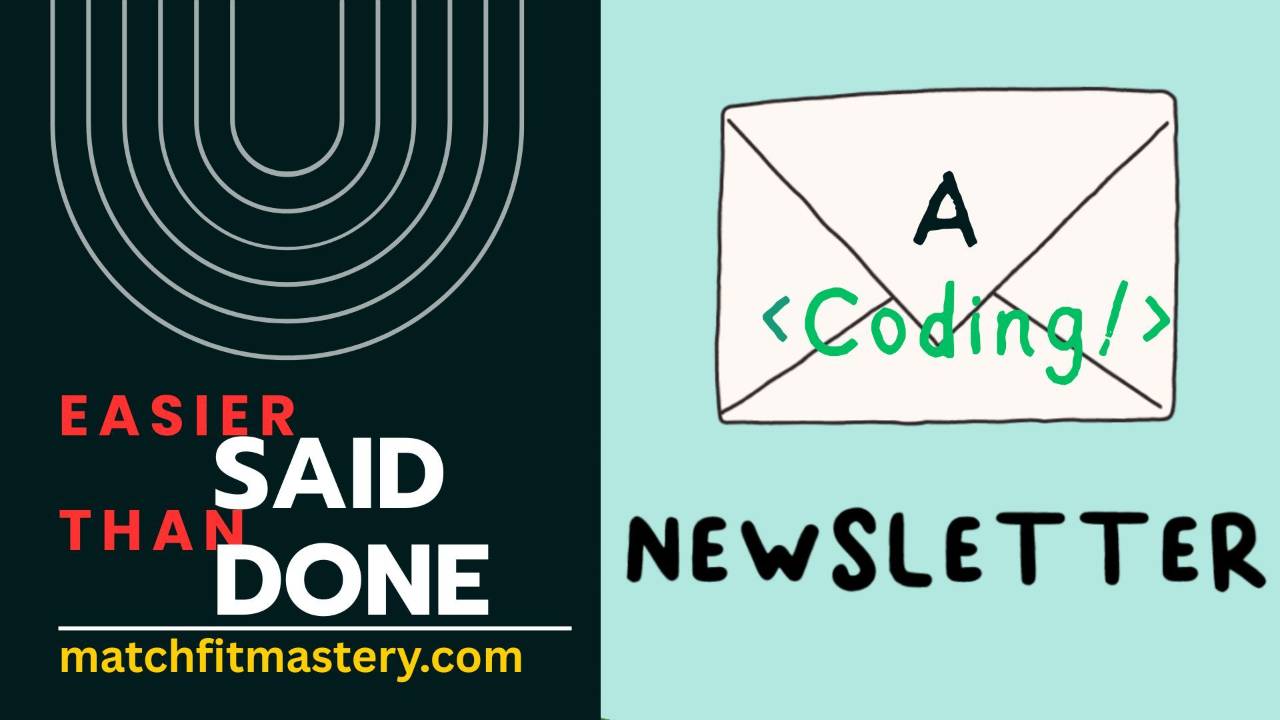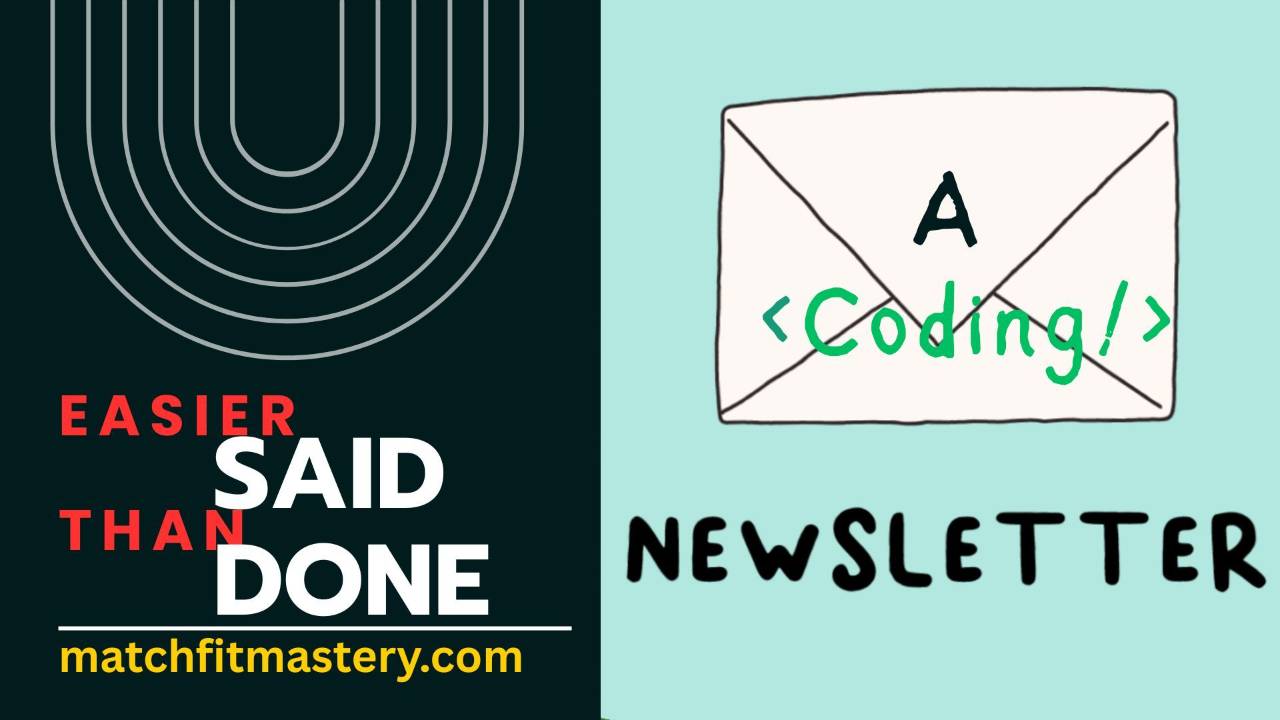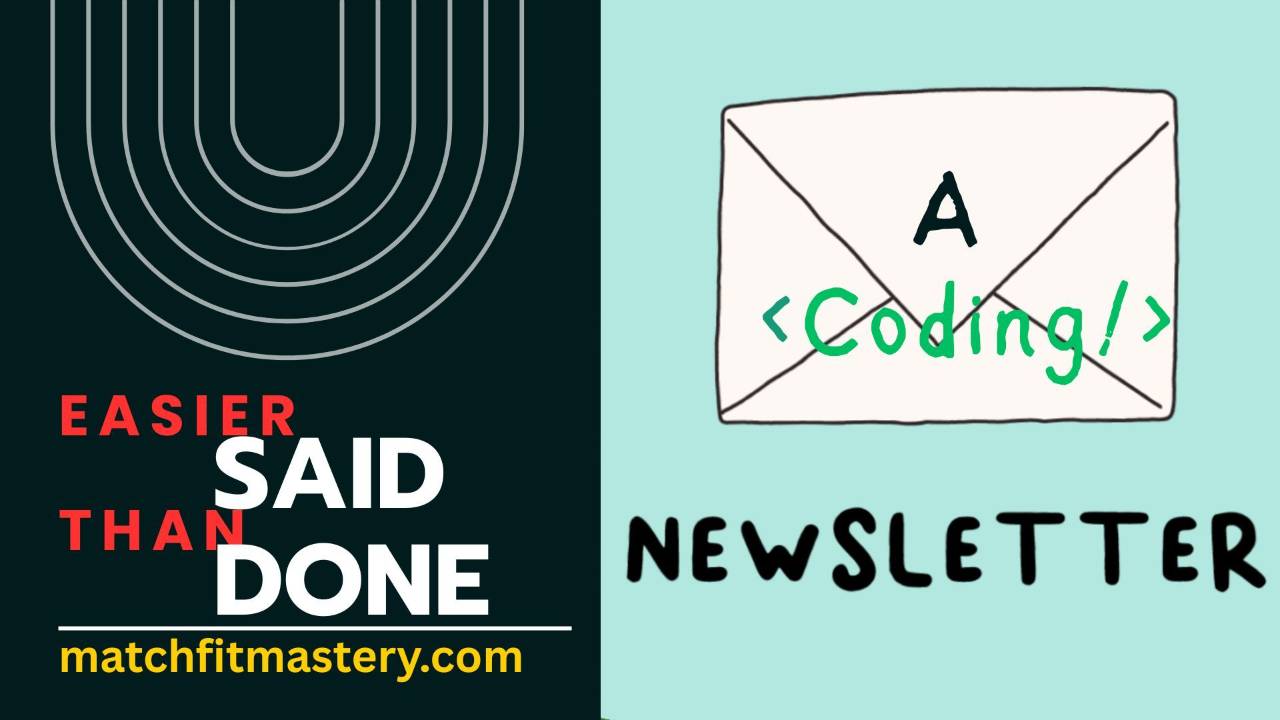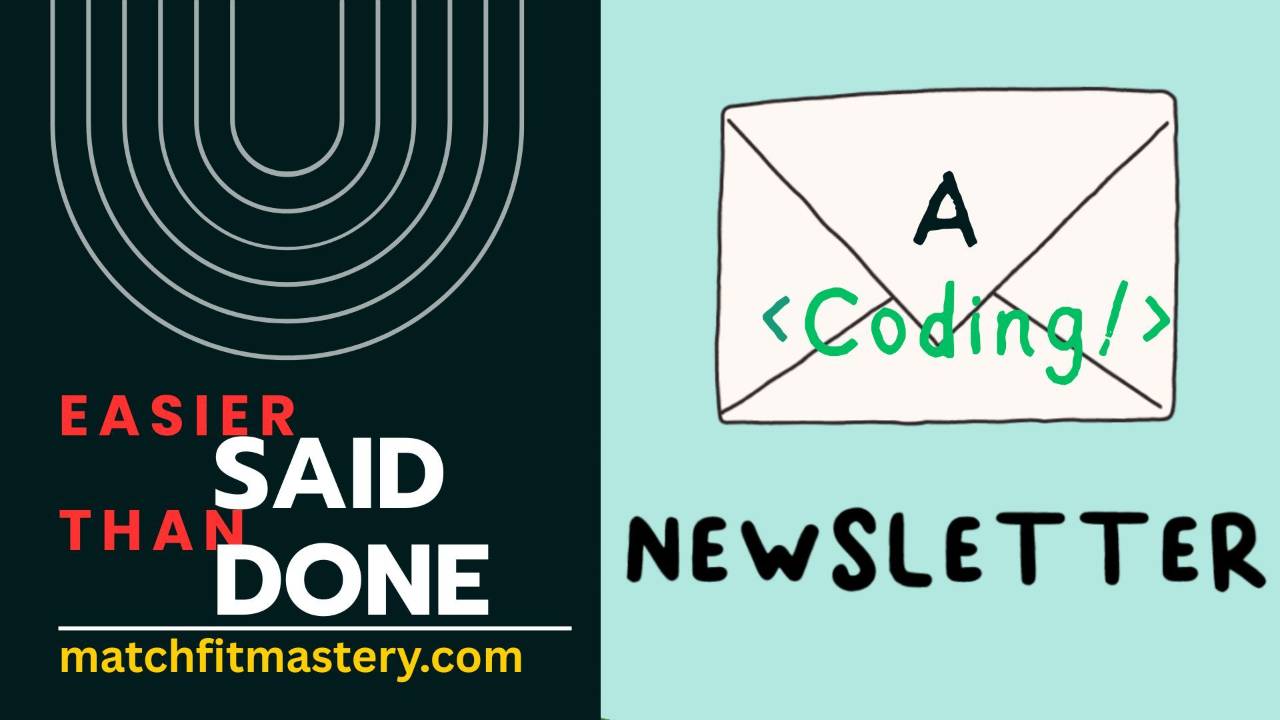Another Bootcamp Grad? Why Engineering Managers Worry
"Another bootcamp grad?"
That's the question that silently echoes in the minds of engineering managers as they sift through stacks of resumes. I
t's not a question of malice, or prejudice. It's purely a question of "too much to do, too little time".
They're not trying to dismiss you, diss you or discourage you. They're desperately trying to protect their team, their project, and deliver on their responsibilities to the company.
Because let's face it: hiring is a minefield. A bad hire isn't just a minor inconvenience; it's wasted salary, lost productivity, derailed projects, and a drain on team morale. It's a risk that no sane engineering manager wants to take.
In fact at Google, we were trained on the "better safe than sorry" method of hiring -- it's better to deny a great candidate than to accept a bad candidate (see about the ex Google HR SVP's book Work Rules).
Why? Because of the legal, financial, cultural and productivity impact of a bad hire (I cover this "reality dynamic" extensively in the Inner Circle Mentorship Program)
Also, Hiring Managers in all industries are under immense pressure to deliver results, and they simply don't have the time or resources to babysit a junior developer/analyst/lawyer/marketer who can't hit the ground running.
They need someone who can contribute immediately, solve problems independently, and integrate seamlessly into the team.
They need someone who can reduce their stress, not add to it.
And that's where you come in.
The key isn't just having the technical skills; it's demonstrating that you understand their challenges, anticipate their needs, and can be the solution they've been searching for.
It's about proving that you're not just another bootcamp grad, but a valuable asset who can contribute to their team's success.
In the Parsity Inner Circle, we don't just teach you how to code; we show you how to become the answer to that haunting question, "Another bootcamp grad?" We help you become the candidate engineering managers desperately want to hire.
Here's how you do this...
Understanding Their Pressure
Wrong Way (Conventional Wisdom):
-
Treat the interview as a one-way interrogation: You passively answer questions, focusing on reciting your resume and showcasing your technical knowledge.
-
Focus solely on your accomplishments: You rattle off your achievements without connecting them to the company's needs or the team's goals. Not all accomplishments have equal value to everyone. Just ask the worlds hot dog eating champion.
-
Neglect to ask questions about the team, the project, or the company's goals: You see the interview as a chance to impress them, not as an opportunity to learn about them and their challenges.
-
"Just looking for a job": You convey the impression that you're simply looking for any job, any paycheck, without any genuine interest in the specific opportunity.
-
"What's the compensation?": You immediately inquire about salary and benefits, signaling that your primary motivation is financial gain, not contributing to the company's success.
The Right Way (pro tips):
-
Reverse the Interview: Your goal isn't to answer their questions, but to ask the right questions. Uncover their biggest pain points, their most pressing deadlines, and their biggest fears. Show you understand their business.
-
Become a Partner, Not a Candidate: Position yourself as a problem-solver who can alleviate their stress and contribute to their team's success. Don't just talk about your skills; offer concrete solutions to their specific challenges. You’re right about X, and Y might also help .
-
Show Empathy, Not Just Expertise: Demonstrate that you understand the pressure they're under and that you're genuinely invested in helping them succeed.
-
"I'm fascinated by CompanyMission/ProductCompany Mission/ProductCompanyMission/Product": Express genuine enthusiasm for the company's mission, its products, and its impact on the world. Show that you've done your research and that you're truly passionate about what they do.
-
"How can I contribute to Team/ProjectTeam/ProjectTeam/Project?": Focus your questions on how you can contribute to the team's success and help them achieve their goals. Show that you're eager to learn, grow, and make a meaningful impact. Also, phrasing the question this way invites them to view you as part of their team.
De-Risking Yourself (why does no one do this???)
Wrong Way (Conventional Wisdom):
-
Focus solely on your technical skills: You assume that your coding prowess is enough to impress them.
-
Assume that recruiters will automatically recognize your potential just because you have portfolio projects and you have "learned to code". So have all the other top 500 applicants...
-
You think they'll see your potential without you having to explicitly demonstrate it. Because you put it in your resume. They've got 1200 of those to read. Assume 6 minutes per resume and that's 7200 minutes.
(that's 5 days with no sleep, food, toilet breaks and prfect concentration)
That's now how hiring works in the real world!
Right Way (pro tips):
-
The "No Jerk" Rule: Engineering managers prioritize avoiding toxic personalities over finding coding geniuses. Highlight your collaboration skills, your positive attitude, and your ability to work effectively in a team.
-
Prove You Can Learn, Not Just Code: Emphasize your ability to adapt to new technologies, learn quickly, and solve problems creatively. Show them that you're a lifelong learner who's always eager to improve.
-
Storytelling is Your Superpower: illustrate your soft skills and problem-solving abilities as applied in real world scenarios. Share stories that showcase your ability to overcome challenges, resolve conflicts, and contribute to a positive team environment. You allay their fears by proving you're not just a coder, but a well-rounded professional .
Practicing the Art of Conversation (Mistakes vs. Mastery)
Wrong Way (Conventional Wisdom):
-
Show up to the interview unprepared: You think you can wing it based on your technical knowledge.
-
Relying on your raw technical skills to carry you through: You think your coding skills are enough to impress them.
-
Stumble over your answers, struggle to articulate your thought process: You haven't practiced explaining your thought process clearly.
The Right Way (Pro Tips):
-
Treat Every Interview Like a Performance: Practice your interviewing skills beforehand, preparing answers to common questions, rehearsing your elevator pitch, and role-playing different scenarios.
-
Think Aloud, Not Just Code: Articulate your thought process clearly and concisely, explaining your reasoning behind every decision. Show them how you approach problems, not just the final solution.
-
Seek Feedback Relentlessly: Actively seek feedback from mentors, peers, and career coaches to identify areas for improvement. Record yourself answering common interview questions and analyze your performance.
Becoming the Obvious Solution (It's obvious)
Wrong Way (Conventional Wisdom):
-
Treat the interview as a generic formality: You don't bother to tailor your answers to the specific needs of the company and the role.
-
Fail to demonstrate your passion for the company's mission or your understanding of its products and services: You think your skills are enough, regardless of the company.
Right Way (Pro Tips):
-
Obsess Over Their Problems: Thoroughly research the company, its products, and its culture before the interview. Identify their biggest challenges and opportunities, and tailor your answers to demonstrate how you can contribute to their success.
-
The "30-60-90 Day Plan": Create a detailed plan outlining what you'll accomplish in your first 30, 60, and 90 days on the job. Show them that you're not just interested in the job; you're invested in their success.
-
Become a Fanatic, Not Just an Employee: Demonstrate your genuine passion for the company's mission and your understanding of its products and services. Show them that you're not just looking for a paycheck; you're looking to be part of something bigger than yourself.
In the Inner Circle Mentorship Program, I help you crack the code to the engineering manager's mindset.
We coach each student intensively on all these strategies, techniques and skills.
And a LOT more, based on my 25 years in 3 industries and 4 countries, and from my experience as a hiring manager in all of these careers.
We don't just teach you how to code; we teach you how to get hired.
Five ways we can help you:
1. Wondering what learning to code actually means?
Becoming a coder is much more than just "learning to code" some languages. When I got hired at Google, for example, I didnt know 3 out of the 4 languages I had to write every day.
If you're still wondering if coding is right for you then I recommend:
👉 My FreeCodeCamp Course --> Before You Learn To Code (Video).
👉 Updated version (including Google and other big tech experiences)
2. Inner Circle (Free Preview Included)
Our personalized, intensive mentorship program designed to help career changers go from zero to software developer—and actually get hired. It’s not for everyone, but if you’re ready to commit, we’ll walk with you every step.
👉Preview the Inner Circle Program -> free preview.
👉Apply for Inner Circle → parsity.io/inner-circle
3. Dev30
Want to learn the basics, but not quite ready for the Parsity Inner Circle? No problems - Try the Dev30 challenge!
It’s our 30-day JavaScript sprint focused on building real projects, learning in public, and creating a network in tech.
👉Join dev30 → dev30.xyz
4. Career Change To Code Podcast
Driving? At the gym? Hiding in the bathroom? Perfect time to inject the best techniques for a career change to code directly into your brain via
👉 Follow the podcast here: YouTube | Spotify
5. Weekly Tips In Your Inbox
👉 Subscribe to this newsletter (it’s free). I try and keep it to 3 minutes or less so you can read in the elevator, waiting in lines, in the bathroom...😝





